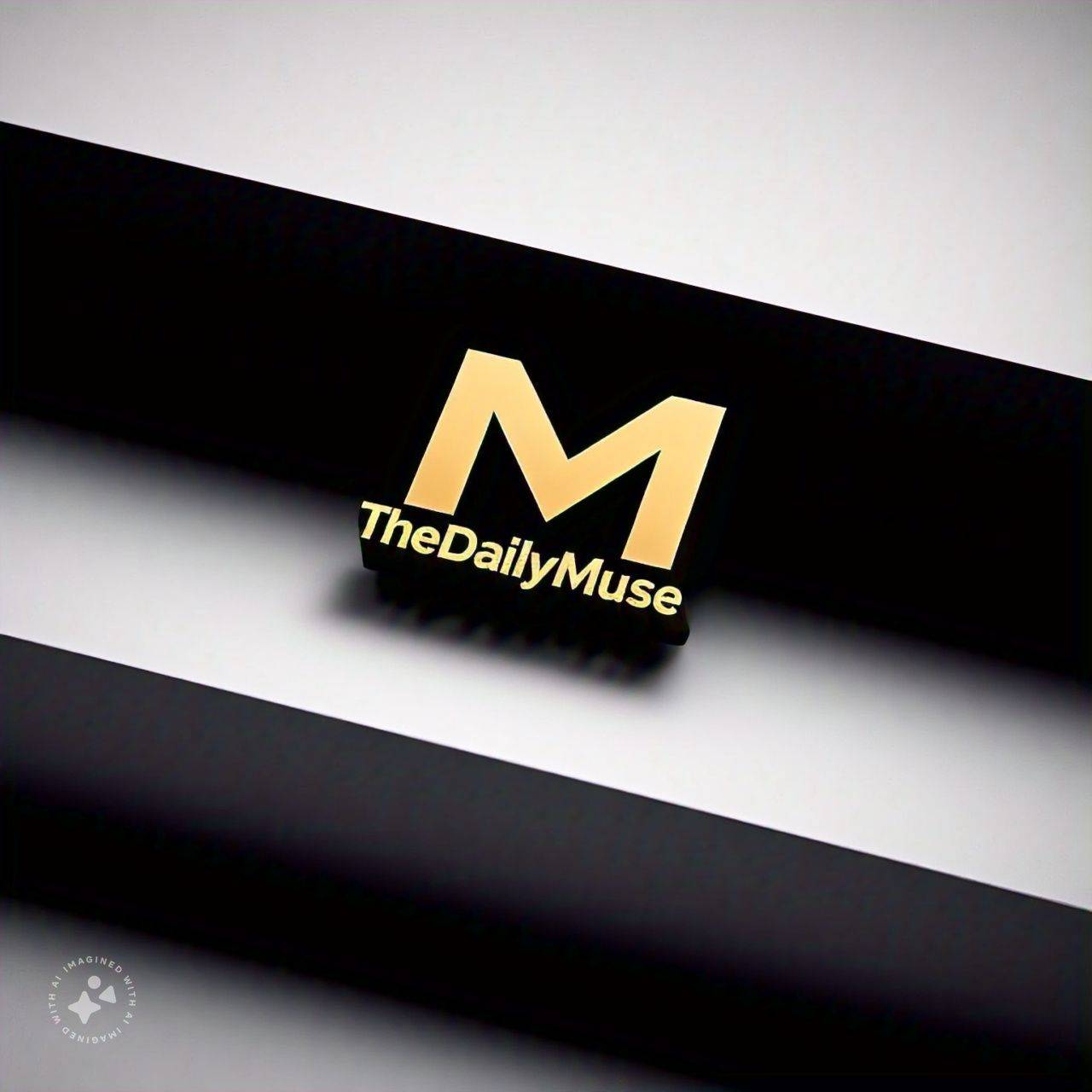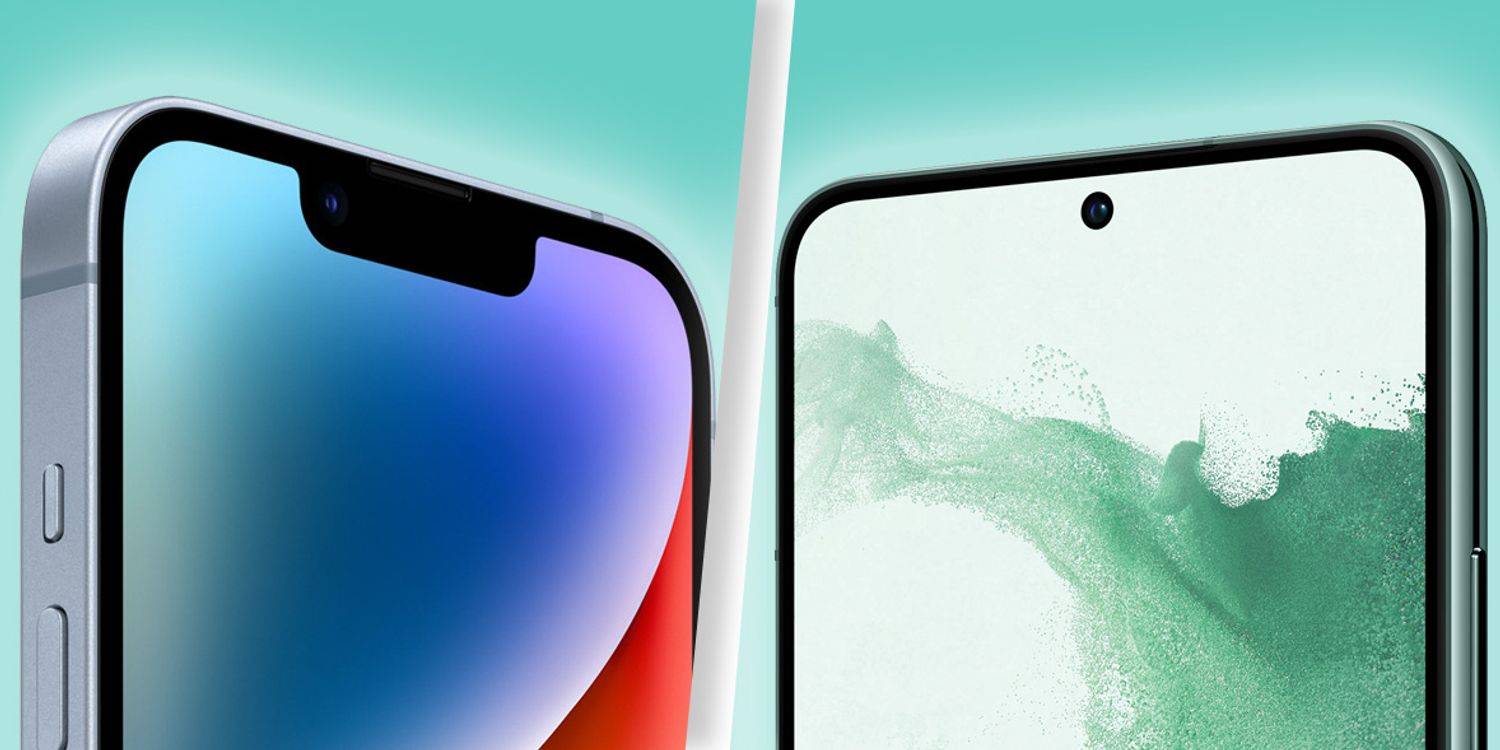The debate between iPhone and Samsung smartphones is a long-standing one, with each brand boasting loyal followers and unique strengths.
Design and Build Quality: iPhones are known for their premium build quality and sleek design. Apple employs high-quality materials like aluminum and glass, creating a cohesive aesthetic across its product line. The minimalist design philosophy appeals to many consumers. Samsung, on the other hand, offers a variety of designs across its Galaxy line. While flagship models like the Galaxy S and Note series also feature premium materials, Samsung tends to be more adventurous with color options and screen designs, such as curved displays.
Operating System: One of the most significant differences lies in the operating systems. iPhones run on iOS, which is lauded for its user-friendly interface, seamless integration with other Apple products, and regular updates that enhance security and functionality. iOS tends to provide a more stable experience, with fewer app compatibility issues. Samsung devices operate on Android, which offers greater customization options. Users can personalize their home screens, choose default apps, and use widgets extensively. However, the Android ecosystem can be fragmented, leading to inconsistent experiences across different devices.
Camera Technology: Both brands excel in camera technology, but they approach it differently. iPhones are known for their consistent performance in photography, particularly in natural color reproduction and video quality. The latest models feature advanced computational photography capabilities that enhance low-light performance and portrait shots. Samsung, particularly with its Galaxy S series, often pushes boundaries with higher megapixel counts and innovative features like Space Zoom. Samsung’s cameras tend to produce more vibrant colors, appealing to users who prefer a more dynamic look.
Ecosystem and Integration: Apple’s ecosystem is one of its strongest selling points. Devices like the iPad, MacBook, and Apple Watch work seamlessly with the iPhone, creating a cohesive user experience. Features like AirDrop and Handoff enhance productivity. Samsung also offers an ecosystem with its Galaxy products, including tablets and wearables, but it lacks the same level of integration as Apple.
Price and Value: Pricing is another critical factor. iPhones tend to be more expensive upfront but maintain their value well over time. Samsung offers a wider range of price points, making it accessible to various consumers. However, flagship models can be similarly priced to iPhones.
In conclusion, the choice between iPhone and Samsung ultimately depends on individual preferences regarding design, operating systems, camera capabilities, ecosystem integration, and budget. Each brand has its merits, catering to different user needs in a diverse smartphone market.
Comments (0)
Be respectful and constructive in your comments.



No comments yet
Be the first to share your thoughts!